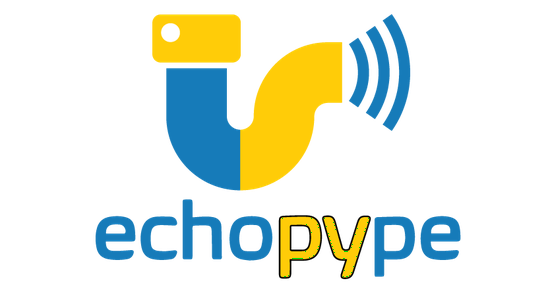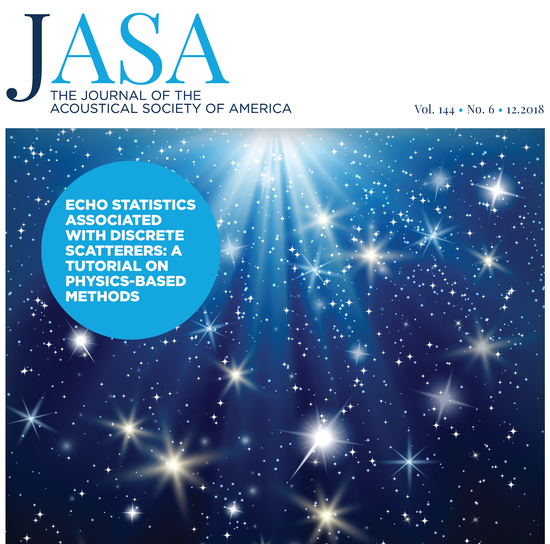Echospace
Applied Physics Lab & eScience Institute
University of Washington
Ocean Acoustics + Data Science
We are a diverse group of researchers whose work centers around extracting knowledge from large volumes of ocean acoustic data, which contain rich information about animals ranging from zooplankton, fish, to marine mammals. Integrating physics-based models and data-driven methods, our current work focuses on mining water column sonar data and spans a broad spectrum from developing computational methods, building open source software and cloud applications, to joint analysis of acoustic observations and ocean environmental variables. A parallel but closely related focus of our research involves using echolocating bats and toothed whales as biological model systemss for adaptive and distributed ocean sensing.
Research areas:
- Acoustical oceanography
- Machine learning in ocean acoustics
- Fisheries acoustics
- Animal echolocation / bioacoustics
- Data systems and workflows
- Data science in oceanography





